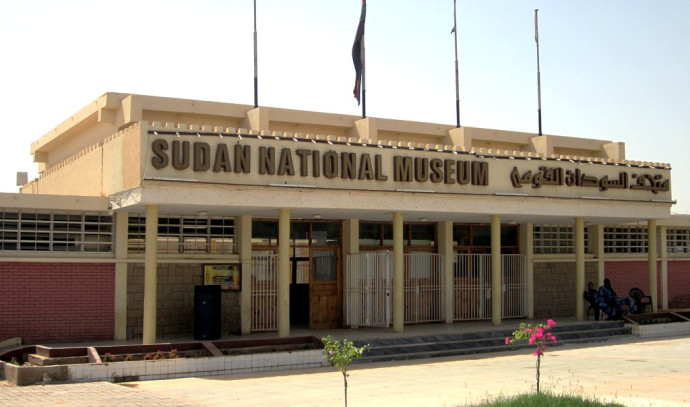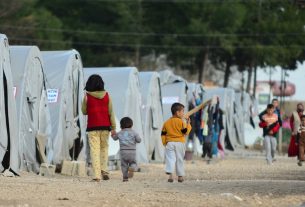Sudanese paramilitary fighters have taken over the national museum in Khartoum, its deputy director said on Saturday, raising fears for the safety of important artefacts including ancient mummies amidst a deadly war.
Members of the Rapid Support Forces group that has been fighting the army for seven weeks for control of Sudan entered the museum on Friday, said deputy director Ikhlas Abdellatif, urging combatants to protect the nation’s heritage.
Museum staff do not know the situation inside the museum because they halted work there after the conflict suddenly erupted on April 15, forcing police guarding the facility to quit, Abdellatif said.
The museum is in a large building on the banks of the Nile in central Khartoum, near the central bank in an area where some of the fiercest fighting has taken place.
The museum holds some of the most ancient mummies
Among its thousands of priceless relics are embalmed mummies dating to 2,500 BC, making them among the oldest and archaeologically most important in the world.
The museum also contains statues, pottery and ancient murals, with artefacts from the stone age through to the Christian and Islamic eras, said former director Hatim Alnour.
Roxanne Trioux, part of a French archaeological team that was working in Sudan, said they had been monitoring satellite pictures of the museum and had already seen potential signs of damage there before Friday, with signs of burning.
“We don’t know the extent of damage inside,” she said.
Fighting has continued this week despite repeated truces including one negotiated by Saudi Arabia and the United States to which both sides signed up. The latest is due to expire tonight.
After continued clashes, bombardment and occupation of civilian buildings, Washington and Riyadh suspended the talks and the US said it was imposing sanctions on the two sides’ business interests.
On Friday the UN Security Council called on the warring factions to cease hostilities to allow humanitarian access.
The war has already displaced 1.2 million people inside the country and forced another 400,000 to flee into neighbouring states, pushing Sudan to the brink of disaster and raising fears of a wider conflict.



